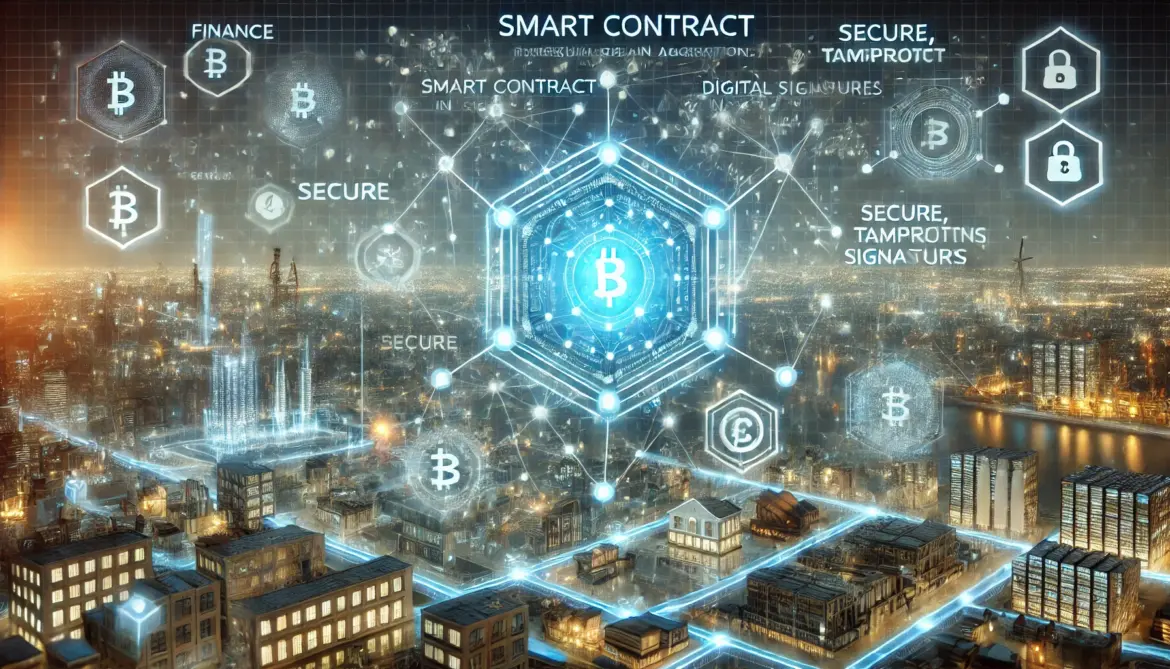The Future of Agreements: Smart Contracts Explained
Our digital age is transforming traditional contracts into smarter more productive tools. Smart contracts are reshaping how people create, carry out, and enforce agreements. But what are these contracts, and why do they grab so much interest?
What Are Smart Contracts?
Smart contracts are digital agreements that run themselves written in computer code. Unlike old-school contracts that need lawyers, banks, or other go-betweens smart contracts enforce their terms when certain conditions are met. They run on blockchain tech, which ensures secure, clear, and effective transactions.
Picture a vending machine: You put in money, pick what you want, and it gives it to you right away—no need for a cashier. In the same way smart contracts carry out agreements without needing people to step in.
How Smart Contracts Function
Smart contracts run on blockchain, a spread-out and safe network that keeps data on many computers at once. Here’s how they work:
- Agreement Setup: Parties involved spell out the contract rules in code.
- Deployment on Blockchain: The blockchain stores the contract, which can’t be changed and is open to view.
- Execution of Terms: The contract kicks in when set conditions (like getting paid) are met.
- Finalization: Deals wrap up, get recorded, and stay fixed building trust and reliability.
These contracts run without middlemen cutting down on mistakes, cheating, and slowdowns.
Advantages of Using Smart Contracts
Smart contracts offer lots of perks shaking things up across different fields:
- Automation: Everything runs on pre-set instructions so you don’t need to process things by hand. This saves you time and energy.
- Transparency: These contracts live on the blockchain so everyone involved can see the same information. This cuts down on disagreements.
- Security: The blockchain’s encryption makes it hard to mess with smart contracts. They’re super safe.
- Cost Efficiency: Smart contracts cut out middlemen like banks or lawyers. This means you pay less in fees and admin costs.
How People Use Smart Contracts in Real Life
Smart contracts have a place in many different fields. They make things run smoother and work better:
1. Finance
Banks and money companies use smart contracts to handle payments, loans, and insurance claims . This makes transactions quicker and cuts down on paperwork.
2. Real Estate
Smart contracts make property deals easier. They can shift ownership when they confirm payment cutting out long paperwork and middlemen.
3. Supply Chain Management
Smart contracts pay for goods after delivery and checking. This cuts down on fraud and speeds up the supply chain.
4. Healthcare
Smart contracts can store and share medical records . This keeps information private and correct while giving patients control of their data.
The Future of Smart Contracts
As blockchain keeps getting better, we expect smart contracts to become more complex and common. They promise to change industries by building trust boosting productivity, and beefing up security in digital deals.
